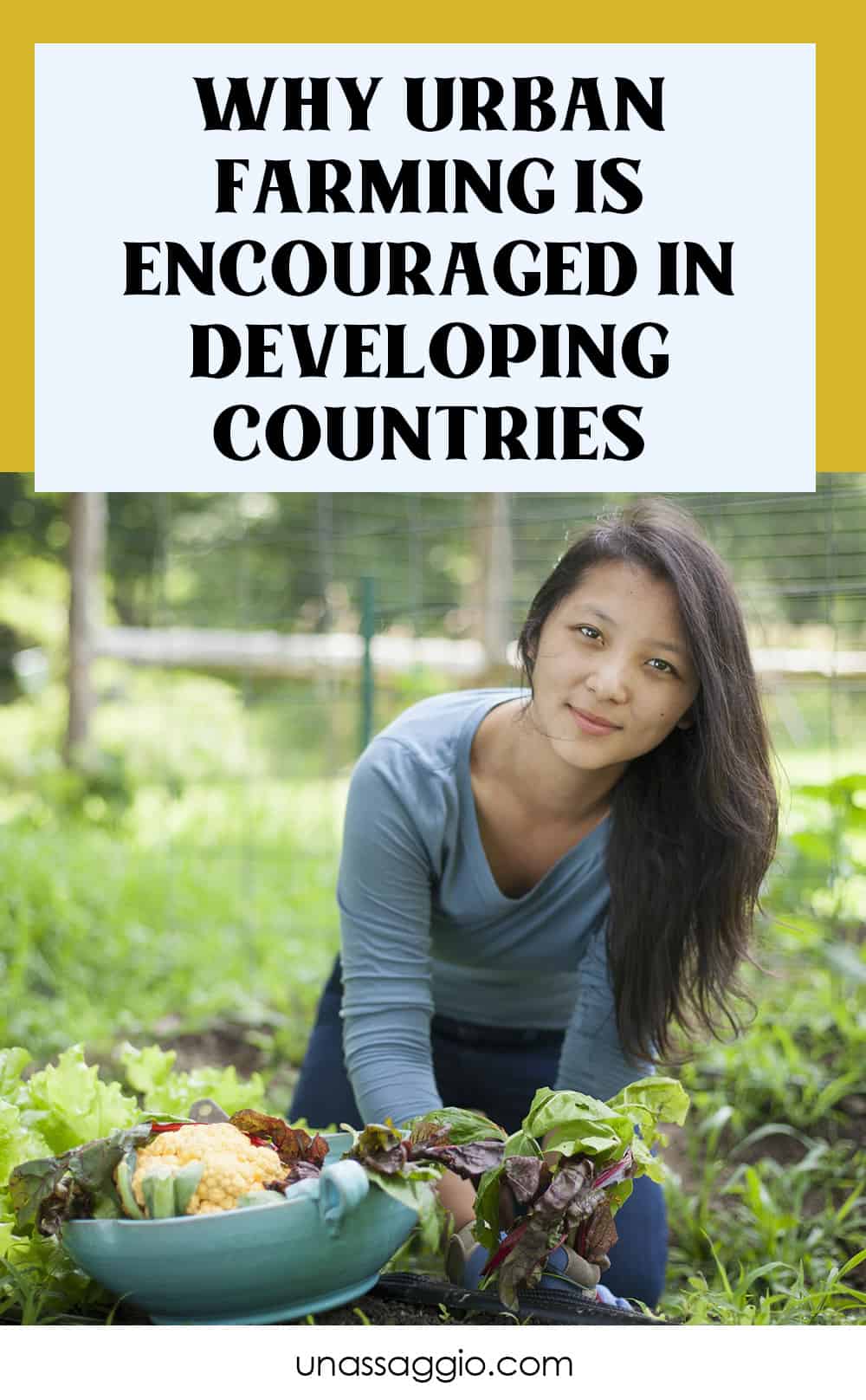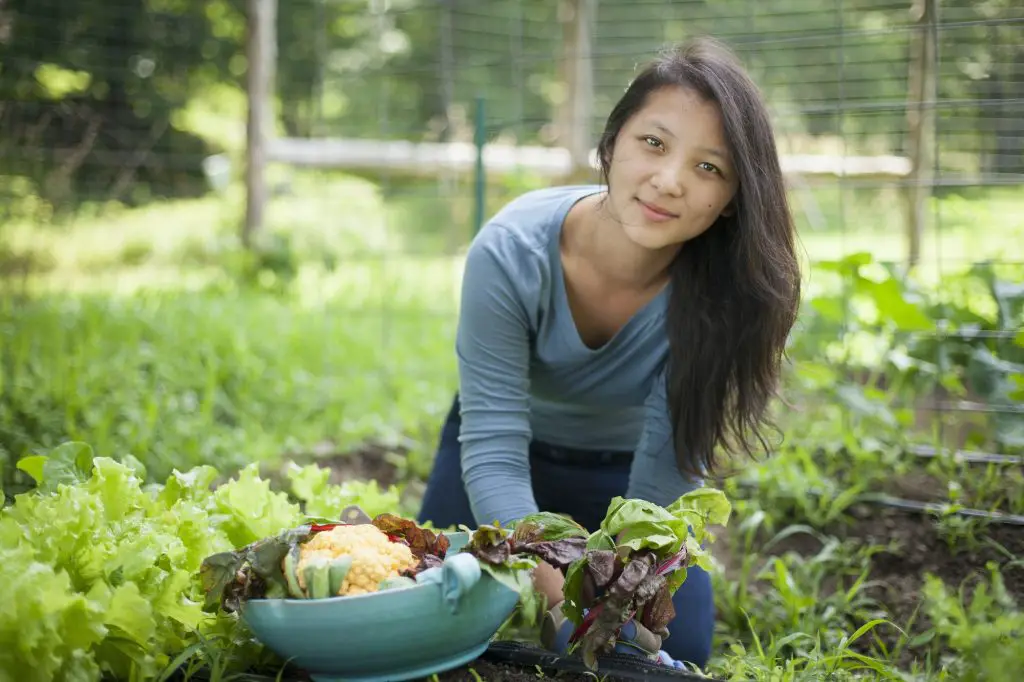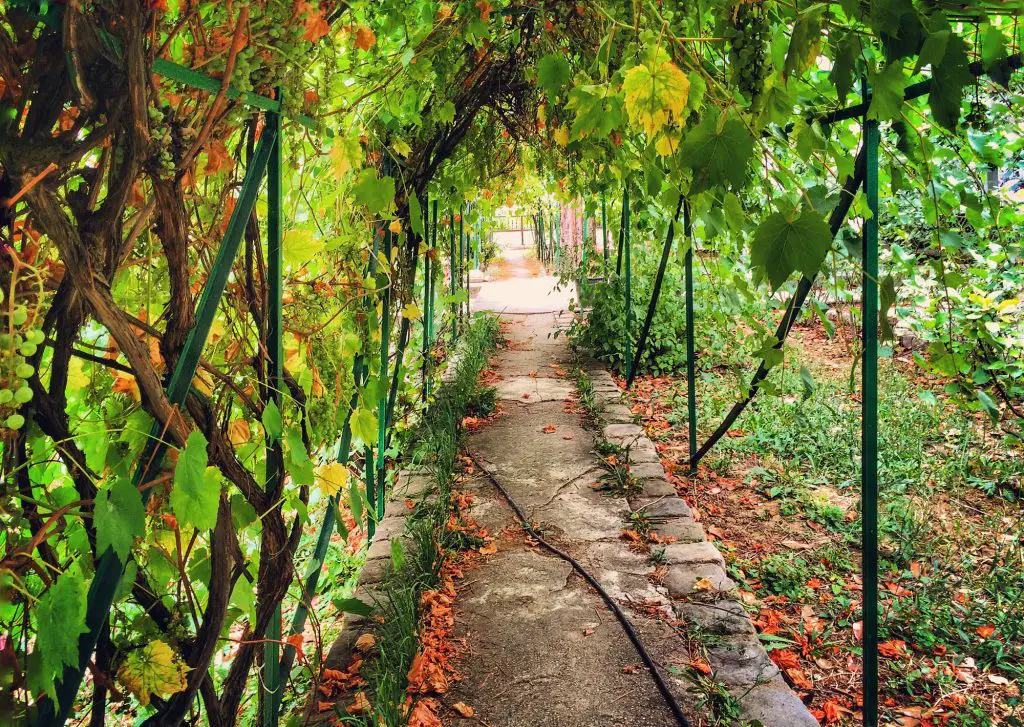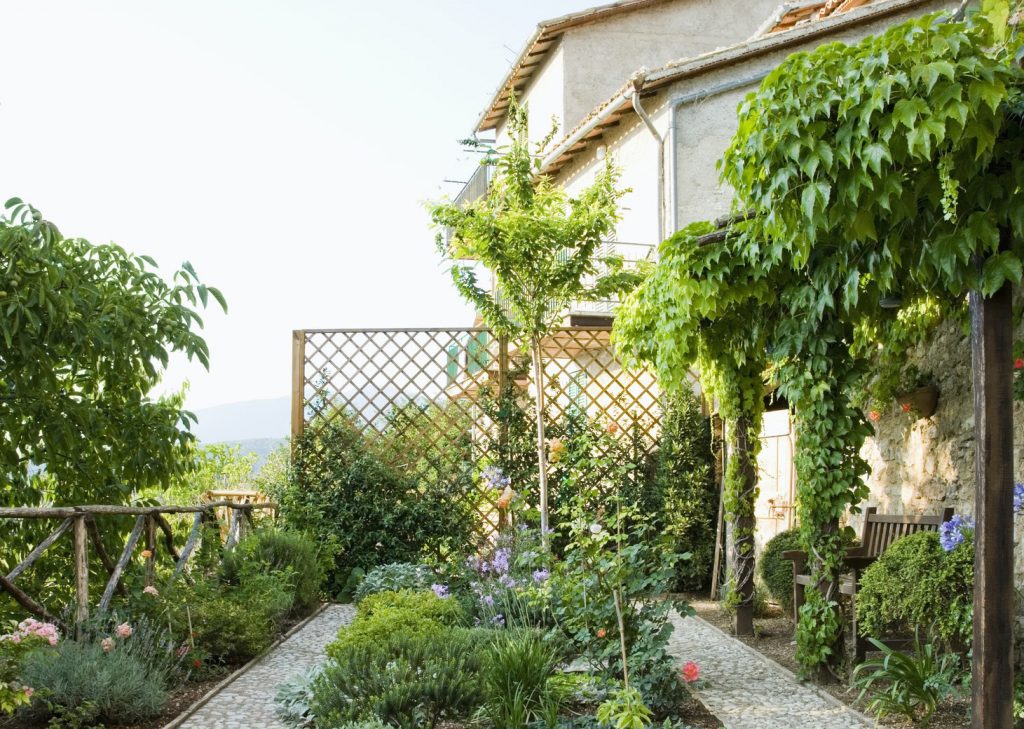Urban gardening is the act of growing plants and raising animals in the city or urban settlements. Urban gardening can be small, medium, or large scale, it can also be owned by individuals or a group of persons.
Urban gardening includes community gardens, urban beehives, Aquaponics farms, hydroponic, greenhouses, vertical farms, etc.
In the last decade and more, a lot of persons have moved from rural areas to urban settlements and some rural areas are growing into urban areas. While this is good in some instances, in many other cases, it’s not. The FAO predicted that more than half the world would live in urban areas by 2025, this will affect the health of humans, food insecurity will be on the increase, energy footprints, and many other effects.
The government of various countries is looking for ways to increase the activities of agriculture in urban settlements to solve the problems that urbanization might cause.
Table of Contents
Here are some of the reasons for such decisions
1. Food Security
“Food security is a situation that exists when all people, at all times, have physical, social and economic access to sufficient, safe and nutritious food that meets their dietary needs and food preferences for an active and healthy life” With the fast movement of many people to urban areas, the production of healthy food will reduce, leading to a decrease in the quality of food consumed, also making healthy food expensive and scarce.
Urban gardening will increase food sources, a large number of persons provides this way food, it will help poor people cope with food scarcity or hunger and also serve as a source of income, you can also be sure that food produced are healthy and nutritious.
Food loss can also be prevented, this is because, community garden, which is an aspect of urban gardening provides for a lot of persons, this implies that food is shared with people who need them, and if there are leftovers, they can be packed and stored properly. This way, food is not wasted and everyone has to eat.
2. Urban farming Improves Quality of life
Consumption of processed food and junk often leads to health diseases like obesity, high blood pressure, diabetes, and other health-related issues. These foods are dangerous and can lead to a short life span for consumers. Urban gardening produces affordable food, fruits, and animal products that are beneficial to the body and health.
Urban gardening also boosts one’s emotional and mental wellbeing, a sense of belonging, also the process of planting, mowing, digging, climbing stretches body muscles, making the gardener physically healthy.
3. Boosting Environmental Benefits

One of the considerably important beneficiaries of urban gardening is the environment. An urban area where sustainable agriculture is encouraged will lead to a reduction in food transportation, carbon emission, and water runoff. Urban gardening reduces noise and air pollution, erosion and provides homes and food for animals and insects.
Some of these insects help in the reproduction and spreading of plant seeds.
Gardening in urban areas beautifies the environment and also solves the problem of the urban heat island effect. Urban gardening is one of the measures to take to save the earth.
4. Local Economy
Urban gardening provides business owners with opportunities to expand and also make available job creations, farm shops, restaurants, grocery stores, etc. For a large or medium scale urban gardening enterprise, more than one gardener or farmer will be required, this will provide jobs and income for the local man. Also, money is locally spent and is constantly in circulation. This will boost the local economy.
Wrapping it up
Asides from the reasons listed here, urban gardening also allows some form of boldness and unity among the people living in a neighborhood. People become more and more aware of the source of their food and are connected to the practice. There is no end to talking about the benefits of urban gardening.
Some developed countries have urban gardening to thank for contributing to the economy. A major way governments can further imbibe the culture of urban gardening to their citizens is by introducing the study and practice of gardening in urban areas at various levels of education. Urban gardening has its trying times but the benefits surpass these times.
In recent times, with the movement of people into urban settlements, to avoid various problems, it is important to make gardening a part of our urbanization, then, we can be assured of a beautiful environment and healthy lives.






